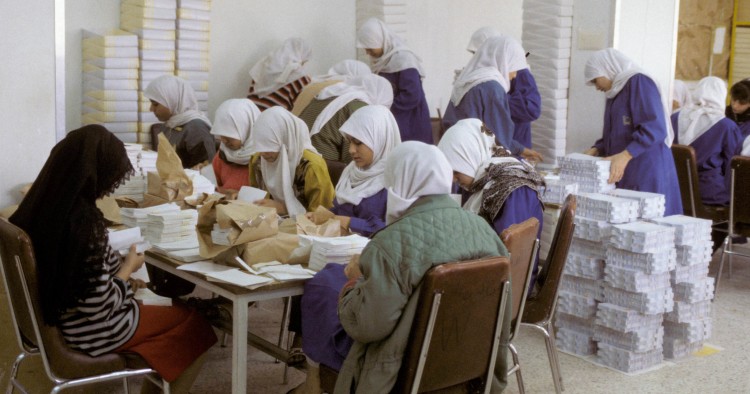The sponsorship system, also known as the ‘kafala’ system, has been around since the 1950s. It was initially created to control migration into Arab countries. The Kafala system usually defines the relationship between foreign workers and their local sponsors, making them their employers. Under this system, states typically give these employers enough funding permits to bring in said workers, which then binds them to their employers and allows them to be easily exploited.
The Kafala system is not unique to Kuwait; it has also been implemented in Jordan, Lebanon, and all Arab Gulf states but in Iraq. Created to supply cheap, plentiful labor during an era of economic growth, the system has become increasingly controversial due to its exploitation of migrant workers.
Under this system, foreign workers’ legal statuses are tied to their sponsors, often individual employers or companies. This lack of legal protection leaves workers vulnerable to exploitation, with many enduring low wages, poor working conditions, and various forms of abuse. The system’s flaws were exposed further by global anti-racism protests, the COVID-19 pandemic, and preparations for the 2022 FIFA World Cup in Qatar. While some countries like Bahrain and Qatar claim to have abolished the system, critics argue that reforms are poorly enforced and don’t amount to abolition
Across these countries, domestic workers have reported grim instances where employers have been withholding their pay, forcing them to work overtime with little-to-no breaks, failing to provide them proper living conditions, and sometimes having to endure verbal as well as physical abuse. In the last few years, Kuwait introduced a new contract to protect and honor their fundamental human rights. The official contract reads workers should not work for more than 12 hours, followed by 5 hours of rest, granting them a day off once a week along with a paid annual vacation.
The contract also obliges the employer to provide suitable housing with adequate means of living, along with food and clothing, in addition to access to healthcare. However, according to some domestic workers, some employers disregard this contract by not fulfilling its requirements. Having worked as a domestic worker for 15 years, Mayaa shares: “I’m lucky to now work for a boss that grants me my rights without having to fight for them. My previous boss would sometimes send me to bed with no dinner, her excuse being that there were no leftovers. A lot of times she would make me wake up around 6 am and continue working for 15 hours straight with no breaks. I was not allowed to go to my room or use my phone to talk to my children and family during my shift. I couldn’t save myself at the time because the system permitted employers to confiscate passports and phones as well.”
The urgent need for change is evident, with Kuwait continuing to use the Kafala system for employing migrant labor, which puts these workers at a heightened risk of exploitation. The government has introduced new financial and administrative barriers to family unity for migrant workers, further exacerbating their difficulties. In response to these challenges, many countries in Asia and Africa have sought to impose restrictions on migration to GCC countries for employment. Meanwhile, human rights organizations have been actively raising concerns about the mistreatment of migrant workers, particularly domestic workers in Kuwait.
Migrant workers, who travel across the world to support their families, deserve protection and dignity. It is time for Kuwait and other GCC countries to take meaningful steps toward ensuring the rights and well-being of all workers, regardless of their nationality. The Kafala system’s exploitative practices must be addressed, and a more just and equitable system should be put in place. The international community must continue to press for reform to ensure that migrant workers can live and work in conditions that respect their human rights and freedom.





